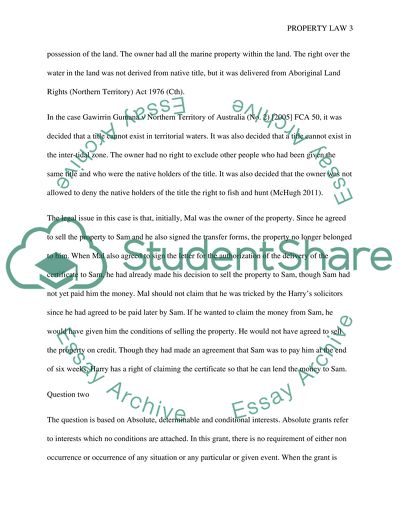Cite this document
(“Fundamentals of the property law Essay Example | Topics and Well Written Essays - 1500 words”, n.d.)
Retrieved from https://studentshare.org/law/1398291-land-law
Retrieved from https://studentshare.org/law/1398291-land-law
(Fundamentals of the Property Law Essay Example | Topics and Well Written Essays - 1500 Words)
https://studentshare.org/law/1398291-land-law.
https://studentshare.org/law/1398291-land-law.
“Fundamentals of the Property Law Essay Example | Topics and Well Written Essays - 1500 Words”, n.d. https://studentshare.org/law/1398291-land-law.


